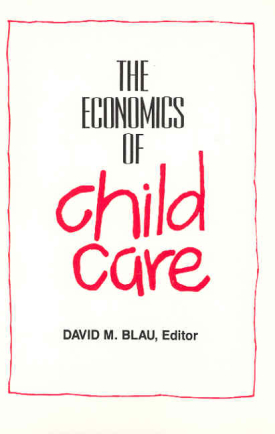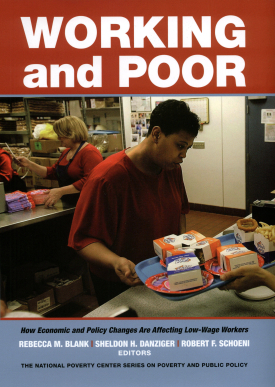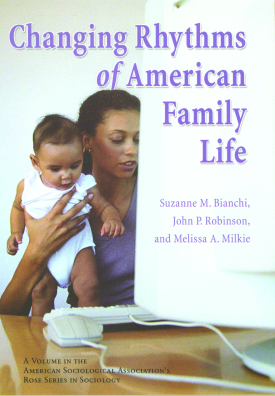Over the last three decades, large-scale economic developments, such as technological change, the decline in unionization, and changing skill requirements, have exacted their biggest toll on low-wage workers. These workers often possess few marketable skills and few resources with which to support themselves during periods of economic transition. In Working and Poor, a distinguished group of economists and policy experts, headlined by editors Rebecca Blank, Sheldon Danziger, and Robert Schoeni, examine how economic and policy changes over the last twenty-five years have affected the well-being of low-wage workers and their families.
Working and Poor examines every facet of the economic well-being of less-skilled workers, from employment and earnings opportunities to consumption behavior and social assistance policies. Rebecca Blank and Heidi Schierholz document the different trends in work and wages among less-skilled women and men. Between 1979 and 2003, labor force participation rose rapidly for these women, along with more modest increases in wages, while among the men both employment and wages fell. David Card and John DiNardo review the evidence on how technological changes have affected less-skilled workers and conclude that the effect has been smaller than many observers claim. Philip Levine examines the effectiveness of the Unemployment Insurance program during recessions. He finds that the program’s eligibility rules, which deny benefits to workers who have not met minimum earnings requirements, exclude the very people who require help most and should be adjusted to provide for those with the highest need. On the other hand, Therese J. McGuire and David F. Merriman show that government help remains a valuable source of support during economic downturns. They find that during the most recent recession in 2001, when state budgets were stretched thin, legislatures resisted political pressure to cut spending for the poor.
Working and Poor provides a valuable analysis of the role that public policy changes can play in improving the plight of the working poor. A comprehensive analysis of trends over the last twenty-five years, this book provides an invaluable reference for the public discussion of work and poverty in America.
REBECCA M. BLANK is codirector of the National Poverty Center and dean of the Gerald R. Ford School of Public Policy, Henry Carter Adams Collegiate Professor of Public Policy, and professor of economics at the University of Michigan.
SHELDON H. DANZIGER is Henry J. Meyer Distinguished University Professor of Public Policy and codirector of the National Poverty Center at the Gerald R. Ford School of Public Policy at the University of Michigan.
ROBERT F. SCHOENI is research associate professor at the Institute for Social Research, associate professor of Economics and Public Policy, at the University of Michigan.
CONTRIBUTORS: David Autor, George J. Borjas, Maria Cancian, David Card, Kerwin Kofi Charles, John DiNardo, Robert W. Fairlie, Eric French, Steven J. Haider, Robert E. Hall, Kevin A. Hassett, Susan Houseman, Phillip B. Levine, Helen Levy, Rebecca A. London, Bhashkar Mazumder, Kathleen McGarry, Therese J. McGuire, David F. Merriman, Daniel R. Meyer, Anne Moore, Heidi Shierholz, Melvin Stephens Jr., Christopher Taber.
A Volume in the National Poverty Center Series on Poverty and Public Policy



